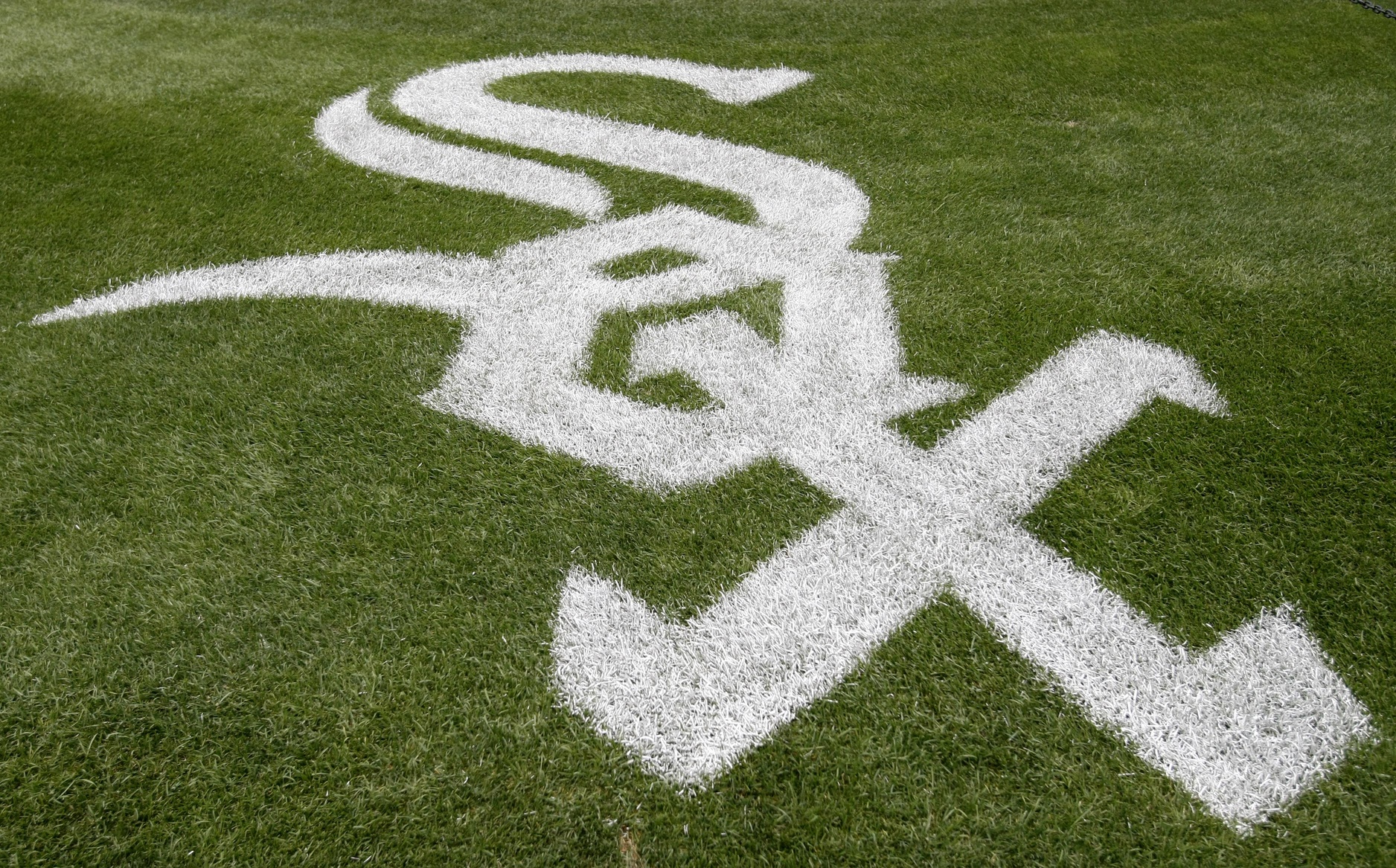Monday, when previously rumored news that major league baseball was banning hazing practices that compelled rookies to dress up as women became official–among other restrictions–there was unsurprisingly a scattered collection of irritation from players who had been through the ritual in their career. Kevin Youkilis expressed outrage and said he was proud of the Hooters costume he had to wear, Ross Stripling of the Dodgers made a similar declaration, and even Sox newcomer Michael Kopech tweeted “Not that I was necessarily looking forward to this but that’s pretty outrageous.”
For the most part there was silence, since players are not available for daily reaction comments to every happening this time of year like they are during the season, and most athlete Twitter accounts are carefully restrained, and limited to motivational quotes, training videos, family photos, and crafted public statements, which should be telling.
There’s been enough momentum for change due to larger pushes to curb hazing as a general practice, and commentary on the poisonous effects of donning women’s clothing for the purpose of humiliation on MLB’s efforts to expand its audience, to see this coming. Yet the player dismay with the decision is expected, and also understandable, in the clear sense that you can understand positions with which you disagree.
It’s clear that rookie dress-up hazing has become an item of ritual, a social rite of passage in a clubhouse culture that takes pride in its separation from the rest of the world. Like all of us, players not only have backstage behavior, but take comfort in having a forum where they can act inappropriately and share thoughts and jokes not fit for broad consumption. But as MLB Vice President Paul Misfid noted, dress-up day stopped being that a long time ago. Misfid blamed social media, but could have just as easily noted 24-hour sports networks, or the expansion of sports coverage in general, which has made the interpersonal behavior of players items of mass consumption.
At any rate, this has transcended ritual, and become spectacle; a well-documented public display. As such, players should expect to see this behavior combed and analyzed like any of their public statements would be. They can decry this as the creep of PC culture if they want, and maybe they’re right. But players have somehow come to accept that they can’t haul off on rants that their “teammates need to stop playing like women,” or other comments that might alienate large swaths of their audience, and should apply that same bare minimum measure to the rest of their publicly visible behavior.
I don’t pretend that this is reasonable, or that being a public figure at a job that is seemingly neverending for nearly eight months of the year is not a guaranteed recipe for overexposure for young men whose line of work has isolated them socially through many formative years. But it is a new reality of their job, where they have to pay lip service to the concerns and values of people they market themselves to. Their private moments have not changed, they’re simply harder to find.
